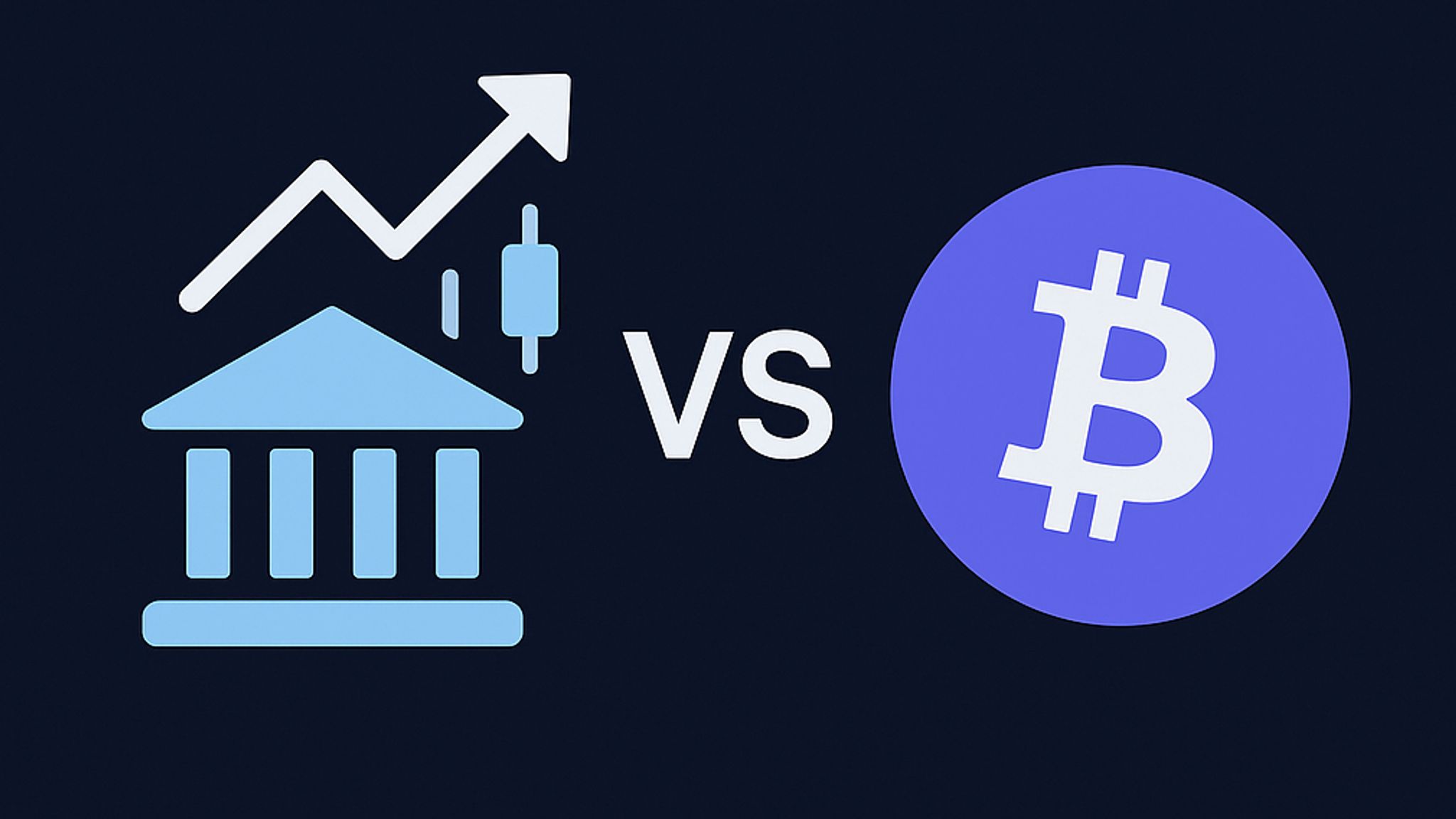Stocks vs Crypto: A Beginner’s Guide to Understanding and Comparing Two Financial Giants

Whether you're new to investing or simply curious about how traditional finance compares to digital assets, understanding stocks and cryptocurrencies is your first step. This guide breaks down the core concepts, similarities, and differences so you can make smarter investment decisions—and explore meaningful comparisons like PayPal vs Ethereum.
📈 What Are Stocks? (And How Do They Work?)
Stocks represent partial ownership in a company. When you buy a stock, you're buying a small piece of that business — known as a share.
Key Concepts:
- Issued via IPOs: Companies sell shares to the public through an Initial Public Offering.
- Traded on Stock Exchanges: Examples include the NYSE and Nasdaq.
- Profits come from:
- Dividends (when the company shares profits)
- Capital gains (selling your shares at a higher price)
Investors often analyze a company’s revenue, growth potential, and leadership before buying its stock.
🌐 What Is Cryptocurrency? (And Why Does It Matter?)
Cryptocurrency is a digital asset that operates on decentralized technology called blockchain. Instead of being issued by a government or company, crypto is maintained by a network of computers.
Popular Cryptos:
- Bitcoin (BTC): The original and most well-known cryptocurrency.
- Ethereum (ETH): Enables smart contracts and is the foundation for DeFi and NFTs.
- Altcoins: Other coins like Solana, Cardano, and stablecoins like USDC.
Key Features:
- Decentralized: No central authority like a government or bank.
- Borderless & fast: Anyone with internet can use crypto globally.
- Token utility: Some tokens are used within ecosystems for functions like governance or payment.
🔗 Where Stocks and Crypto Overlap
While stocks and crypto are often seen as completely different, they share a few important traits:
| Feature | Stocks | Crypto |
|---|---|---|
| Tradable | ✅ On stock exchanges | ✅ On crypto exchanges |
| Priced by market | ✅ Supply/demand dynamics | ✅ Supply/demand dynamics |
| Speculation-driven | ✅ Especially growth stocks | ✅ Especially altcoins |
| Analyzable via charts | ✅ Candlesticks, volume | ✅ Similar technical tools |
Both assets can be tracked in real-time, and investors often use tools like TradingView to study them side by side.
⚖️ Key Differences Between Stocks and Cryptocurrency
Understanding what sets these two apart can help you decide which aligns with your investment style.
| Category | Stocks | Crypto |
|---|---|---|
| Regulation | Heavily regulated (SEC, etc.) | Lightly or inconsistently regulated |
| Ownership | Equity in a company | Token in a decentralized network |
| Trading Hours | Market hours (9:30–4:00 EST) | 24/7 global trading |
| Use Case | Long-term investing, dividends | Tech infrastructure, fast payments |
| Custody | Held via brokers or retirement accounts | Stored in wallets (hot/cold) |
⚔️ Crypto vs Stocks: Which Is Right for You?
Here’s a quick breakdown of the pros and cons of investing in each:
✅ Stocks – Pros:
- Stable, long-term growth
- Dividends for passive income
- Regulation adds investor protection
- Easier for retirement planning
❌ Stocks – Cons:
- Limited trading hours
- Slower gains for high-risk takers
- Can require more research (earnings, valuations)
✅ Crypto – Pros:
- High growth potential
- 24/7 access from anywhere
- New tech and utility (DeFi, NFTs)
- No middlemen required
❌ Crypto – Cons:
- Highly volatile
- Prone to hacks/scams
- Still lacks clear regulation in many countries